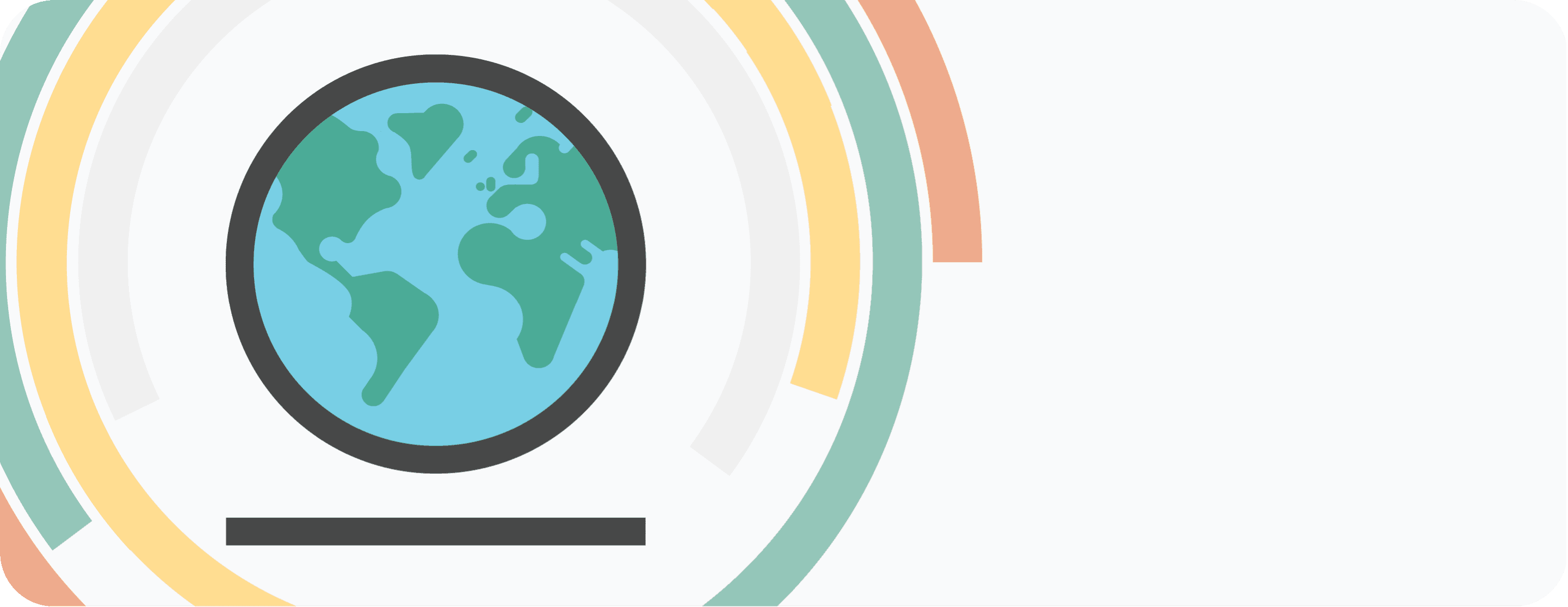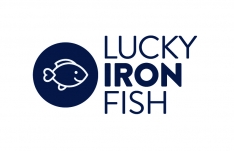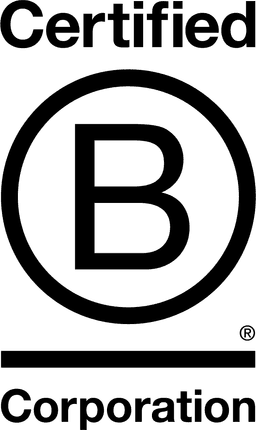

Lucky Iron Fish Enterprise

Ontario, Canada
March 2014
Pharmaceutical products
Wholesale/Retail
Canada
The Lucky Iron Fish™ is a safe, effective, easy to use solution for iron deficiency. It is simply a piece of iron that you use in the cooking process that releases 75% of your daily-required iron intake and is reusable for up to 5 years. The iron is shaped like a fish, a symbol for luck in Cambodia, the country that inspired this health innovation and where The Lucky Iron Fish Project operates and invests – improving both the health and wealth of Cambodian communities. Everything from the fish itself to the packaging and creative tools are produced in Cambodia using recycled materials and in partnership with local social agencies, NGOs and cooperatives. The Lucy Iron Fish Project will solve a preventable health problem that impacts more than 3.5 billion people worldwide and is responsible of a loss of $70 billion of global GDP. The Lucky Iron Fish™ was invented on the principle of providing Cambodians with a safe effective iron supplement solution that is affordable, accessible, and culturally appropriate.
Overall B Impact Score
Governance 19.1
Governance evaluates a company's overall mission, engagement around its social/environmental impact, ethics, and transparency. This section also evaluates the ability of a company to protect their mission and formally consider stakeholders in decision making through their corporate structure (e.g. benefit corporation) or corporate governing documents.
What is this? A company with an Impact Business Model is intentionally designed to create a specific positive outcome for one of its stakeholders - such as workers, community, environment, or customers.
Workers 29.6
Workers evaluates a company’s contributions to its employees’ financial security, health & safety, wellness, career development, and engagement & satisfaction. In addition, this section recognizes business models designed to benefit workers, such as companies that are at least 40% owned by non-executive employees and those that have workforce development programs to support individuals with barriers to employment.
Community 23.1
Community evaluates a company’s engagement with and impact on the communities in which it operates, hires from, and sources from. Topics include diversity, equity & inclusion, economic impact, civic engagement, charitable giving, and supply chain management. In addition, this section recognizes business models that are designed to address specific community-oriented problems, such as poverty alleviation through fair trade sourcing or distribution via microenterprises, producer cooperative models, locally focused economic development, and formal charitable giving commitments.
Environment 13.7
Environment evaluates a company’s overall environmental management practices as well as its impact on the air, climate, water, land, and biodiversity. This includes the direct impact of a company’s operations and, when applicable its supply chain and distribution channels. This section also recognizes companies with environmentally innovative production processes and those that sell products or services that have a positive environmental impact. Some examples might include products and services that create renewable energy, reduce consumption or waste, conserve land or wildlife, provide less toxic alternatives to the market, or educate people about environmental problems.
Customers 18.7
Customers evaluates a company’s stewardship of its customers through the quality of its products and services, ethical marketing, data privacy and security, and feedback channels. In addition, this section recognizes products or services that are designed to address a particular social problem for or through its customers, such as health or educational products, arts & media products, serving underserved customers/clients, and services that improve the social impact of other businesses or organizations.
What is this? A company with an Impact Business Model is intentionally designed to create a specific positive outcome for one of its stakeholders - such as workers, community, environment, or customers.